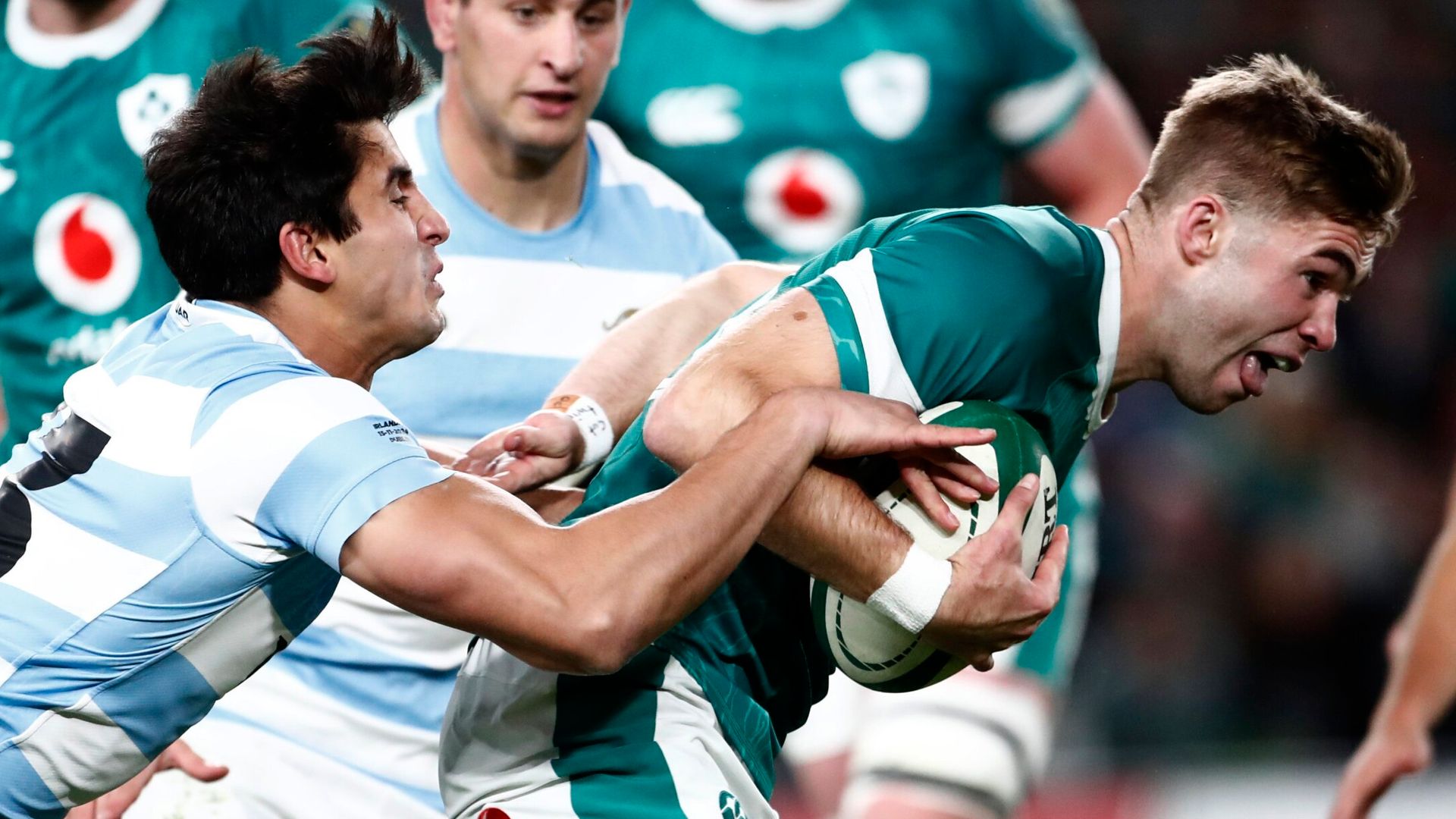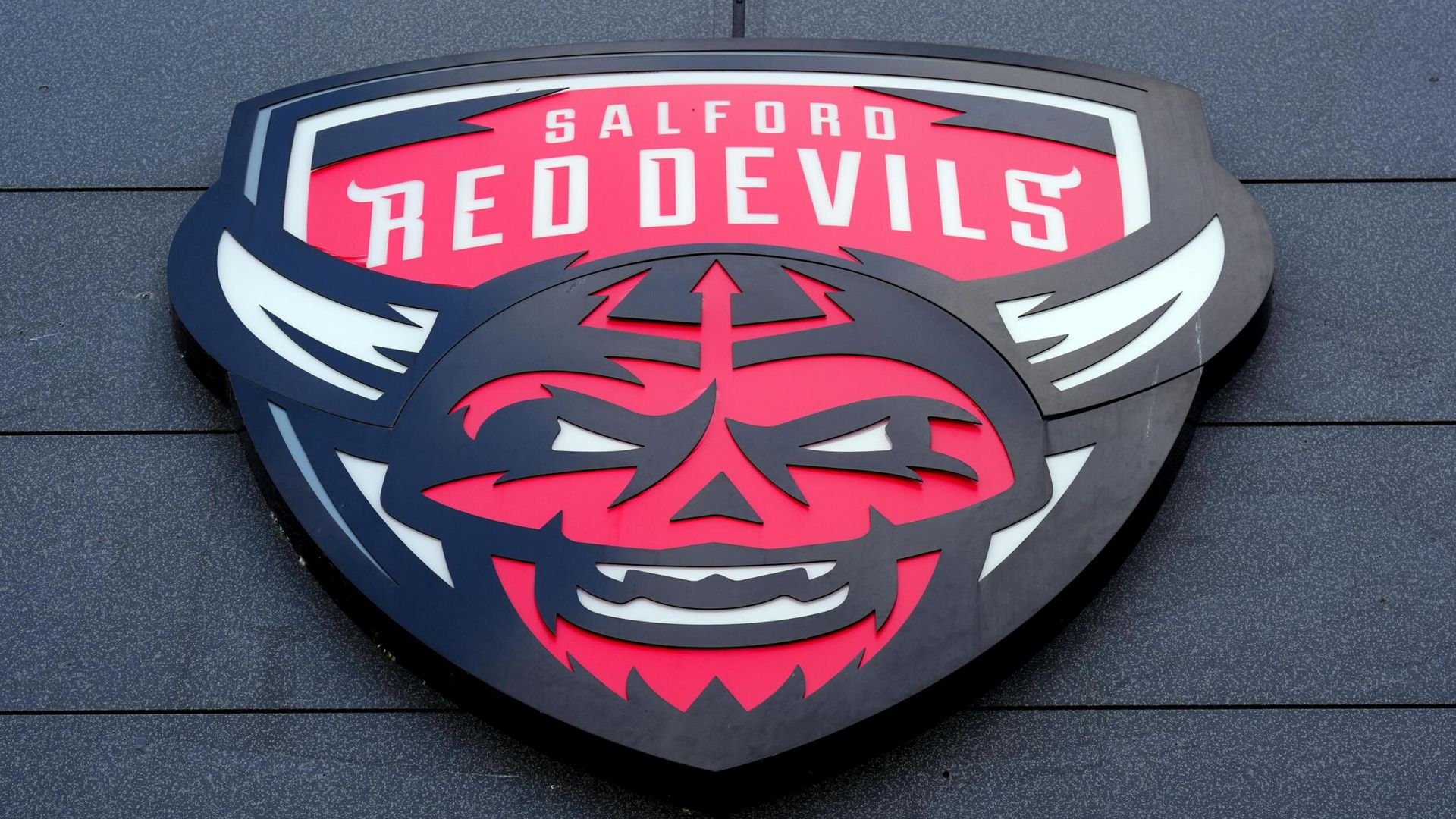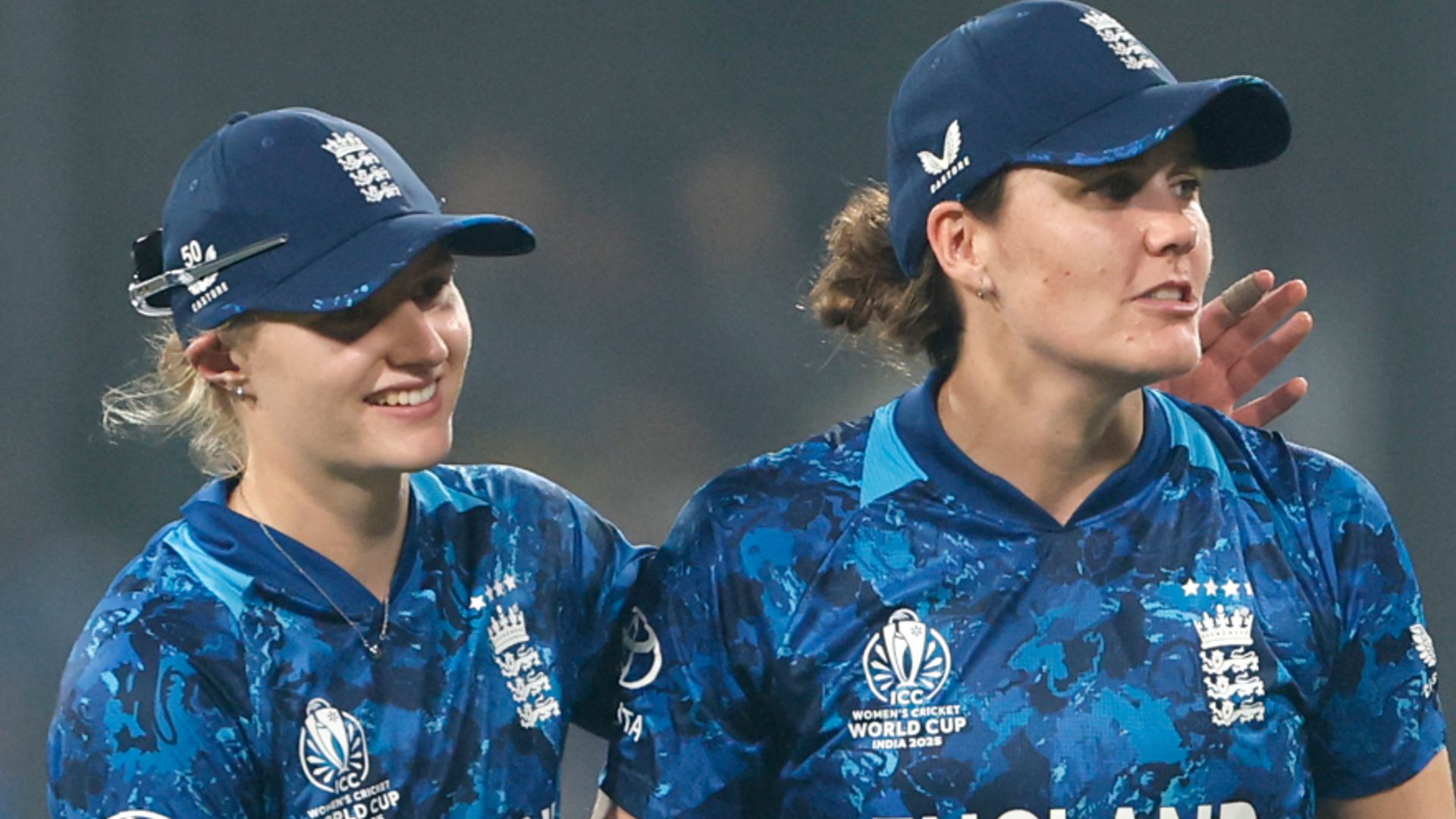Crowley’s Selection as Ireland’s Fly-Half Sparks Outrage: A Divisive Choice in the Face of Tradition and Loyalty to the Game’s Legacy
In a bold move that has sent shockwaves through the rugby community, Jack Crowley has been reinstated as Ireland’s starting fly-half for the highly anticipated clash against New Zealand at Soldier Field in Chicago. This decision comes on the heels of head coach Andy Farrell’s return, a figure whose leadership has been both celebrated and scrutinized. The selection of Crowley, a player who has shown flashes of brilliance but remains relatively inexperienced at the highest level, raises significant questions about the direction of Irish rugby and the values that underpin team selection.
The backdrop to this decision is steeped in the rich history of Irish rugby, a sport that has long been intertwined with national identity and pride. The fly-half position, often regarded as the most pivotal on the field, carries with it the weight of expectation and tradition. Historically, this role has been filled by players who not only possess exceptional skill but also a deep understanding of the game, honed through years of experience. The likes of Ronan O’Gara and Johnny Sexton have set a high bar, embodying the tactical acumen and leadership qualities that are essential for success at the international level.
Crowley’s selection has ignited a fierce debate among fans and analysts alike. Supporters argue that his inclusion represents a necessary evolution in the team, a chance to inject fresh talent into a squad that has at times appeared stagnant. They point to his recent performances, which have showcased his ability to read the game and execute under pressure. However, detractors contend that this decision undermines the importance of experience and continuity, particularly against a formidable opponent like New Zealand, known for their relentless pressure and tactical sophistication.
The All Blacks, with their storied legacy and unparalleled success, present a unique challenge that demands not only skill but also mental fortitude. Crowley’s relative inexperience in high-stakes matches raises concerns about his ability to navigate the complexities of such a crucial encounter. Critics argue that Farrell’s decision reflects a departure from the traditional values of the sport, where loyalty to proven players has often been the cornerstone of team selection. This shift could be seen as a gamble that may backfire, particularly if Crowley struggles to adapt to the intensity of the match.
Moreover, the timing of this decision is particularly poignant. As Ireland seeks to solidify its standing in international rugby, the choice of fly-half becomes emblematic of broader themes within the sport. The balance between nurturing young talent and relying on seasoned veterans is a contentious issue that resonates beyond the rugby pitch. It mirrors societal debates about progress versus tradition, innovation versus stability, and the role of experience in leadership.
The implications of Crowley’s selection extend beyond the immediate match against New Zealand. It raises questions about the future of Irish rugby and the strategic vision that Farrell has for the team. Will this decision pave the way for a new generation of players, or will it lead to discontent among those who feel overlooked? The dynamics within the squad will undoubtedly be affected, as established players may question their roles and the criteria for selection.
As the match approaches, the atmosphere is charged with anticipation and uncertainty. Fans are divided, with some rallying behind Crowley as a symbol of hope and renewal, while others lament the perceived abandonment of tradition. The narrative surrounding this clash is not just about rugby; it encapsulates the broader struggles within sports and society, where the tension between innovation and tradition continues to play out.
In the end, the outcome of the match will serve as a litmus test for Farrell’s strategy and Crowley’s capabilities. A victory could validate the decision and bolster confidence in a new era for Irish rugby, while a defeat may amplify the calls for a return to the tried-and-true methods that have historically defined the team. As the rugby world watches closely, the stakes have never been higher, and the implications of this selection will resonate far beyond the confines of Soldier Field.




